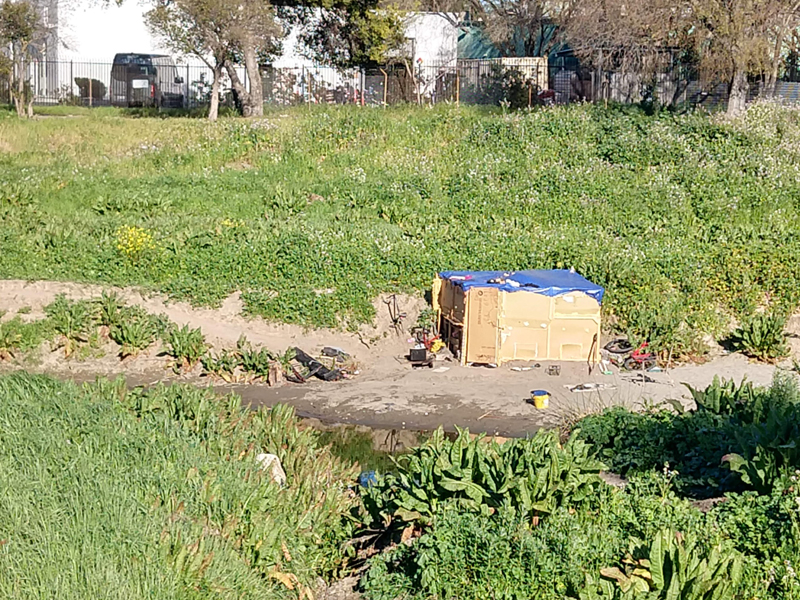New state program would help the most vulnerable homeless in Concord

CONCORD, CA (August 16, 2022) — In January 2022, we asked residents in a scientifically valid survey: “What do you think is the most serious issue facing the residents of Concord?”
It was an open-ended question and the response was overwhelming, with 51.9% of respondents saying homelessness. Just five years ago, only 13.3% cited homelessness or poverty.
Rates of homelessness have increased throughout the state over the last few years, and it is painfully apparent in the Bay Area.
The city of Concord has invested money, resources and staff time to address the growing issue, and we will continue to fund critical programs. But it’s not enough.
It is time to shift our collective thinking about how we help those who are the most vulnerable, and perhaps the most resistant to treatment – people with mental health and substance abuse challenges.
CARE Court
Gov. Gavin Newsom’s Community Assistance Recovery and Empowerment (CARE) Court proposal (SB 1338) is a step in the right direction. Through this program, people like family members could refer individuals with severe mental illness or substance abuse disorders (who are often homeless) to be both prioritized and required to participate in treatment through a court-ordered CARE plan.
Concord is proud to support the county’s Coordinated Outreach Referral and Engagement (CORE) and Mental Health Evaluation (MHET) programs. We dedicate more than $500,000 annually to these programs to provide direct assistance to our unsheltered residents, offering supplies and services, and making referrals to housing and other services.
MHET is a partnership between a county mental health specialist and a city police officer who work proactively to provide referrals to outpatient mental health services to help people experiencing significant challenges remain in the community and avoid future crisis intervention and interactions with law enforcement.
But our CORE team and our police officers who interface with our unhoused residents on a daily basis confirm that it is very difficult to get individuals with mental health issues to voluntarily accept assistance. Success to date is slow.
In June, our CORE team interacted with 176 unhoused individuals and provided 499 services, such as emergency supplies, a shelter bed or transportation. We had five stable exits from the streets.
Personalized approach
Through the CARE Court, people who suffer most acutely from mental illness and addiction would receive the support they need through a court-ordered care plan. Managed by a team in the community, the program would include clinically prescribed, individualized interventions, supportive services, medication and a housing plan. This specific and personalized approach would help individuals leave homelessness and begin to heal with the right support system.
However, to successfully achieve this outcome, counties need additional resources that will allow them to fulfill their new responsibilities and obligations under the statewide plan. Counties will need adequate and sustained funding to provide behavioral health, legal support, public guardians and other social services.
We have an opportunity to try something different, to change our approach and insist on treatment for those who cannot help themselves.
Email questions and comments to the mayor at Dominic.Aliano@cityofconcord.org
